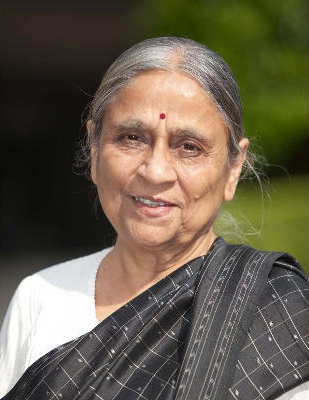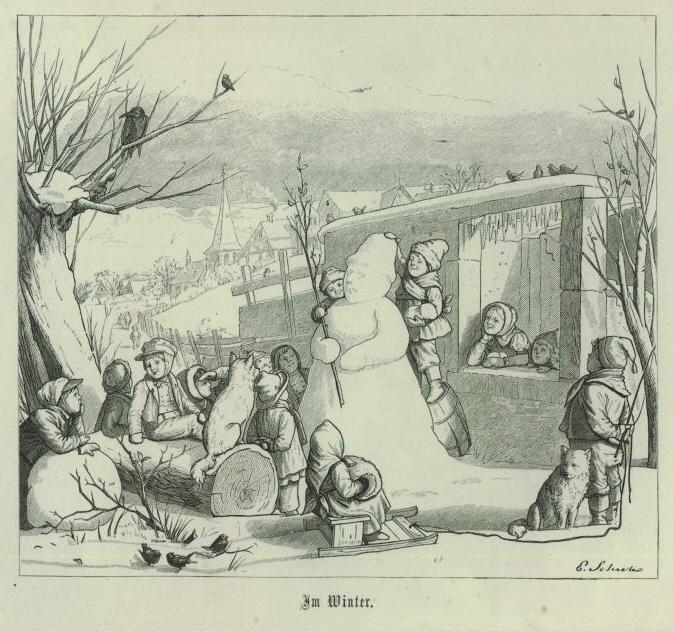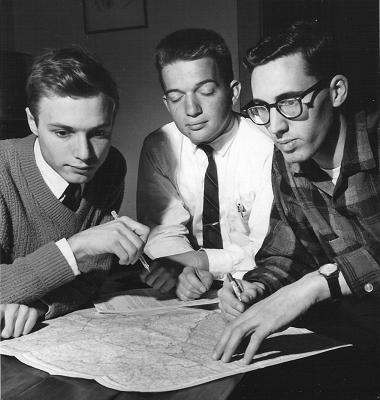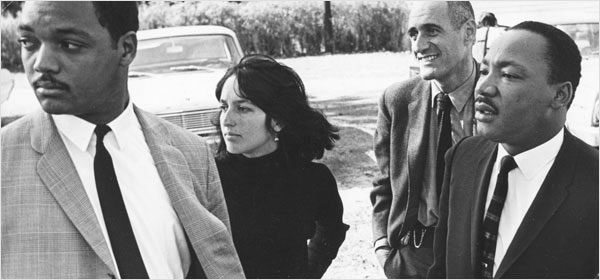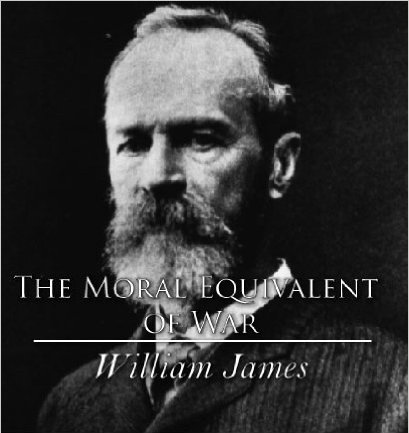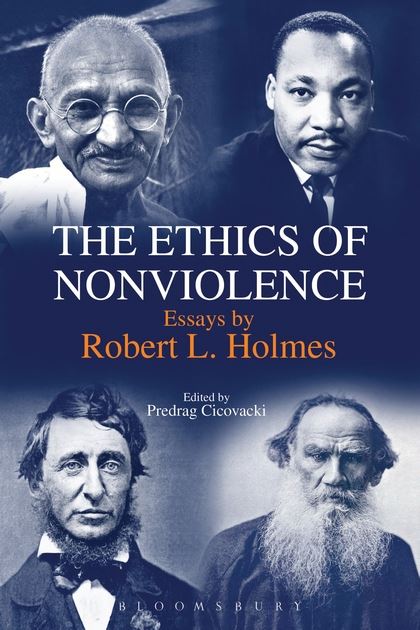Mahatma Gandhi’s Views on Women and Social Change
by Sita Kapadia
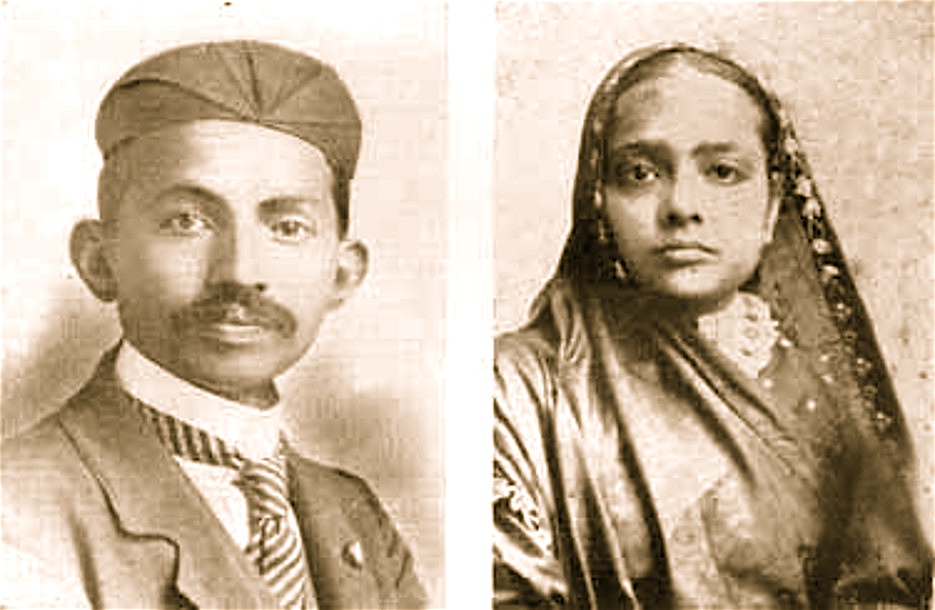
M. K. Gandhi and wife, Kasturba, 1902; courtesy en.wikipedia.org
Mahatma Gandhi’s legacy to the world is immeasurable; his life and work have left an impact on every aspect of life in India; he has addressed many personal, social and political issues; his collected works number more than one hundred volumes. From these I have gleaned only a few thoughts about women and social change.
In 1940, reviewing his twenty-five years of work in India concerning women’s role in society, he says, “My contribution to the great problem lies in my presenting for acceptance truth and ahimsa (nonviolence) in every walk of life, whether for individuals or nations. I have hugged the hope that in this woman will be the unquestioned leader and, having thus found her place in human evolution, will shed her inferiority complex … Woman is the incarnation of ahimsa. Ahimsa means infinite love, which again means infinite capacity for suffering. And who but woman, the mother of man, shows this capacity in the largest measure? … Let her translate that love to the whole of humanity … And she will occupy her proud position by the side of man … She can become the leader in satyagraha.”


